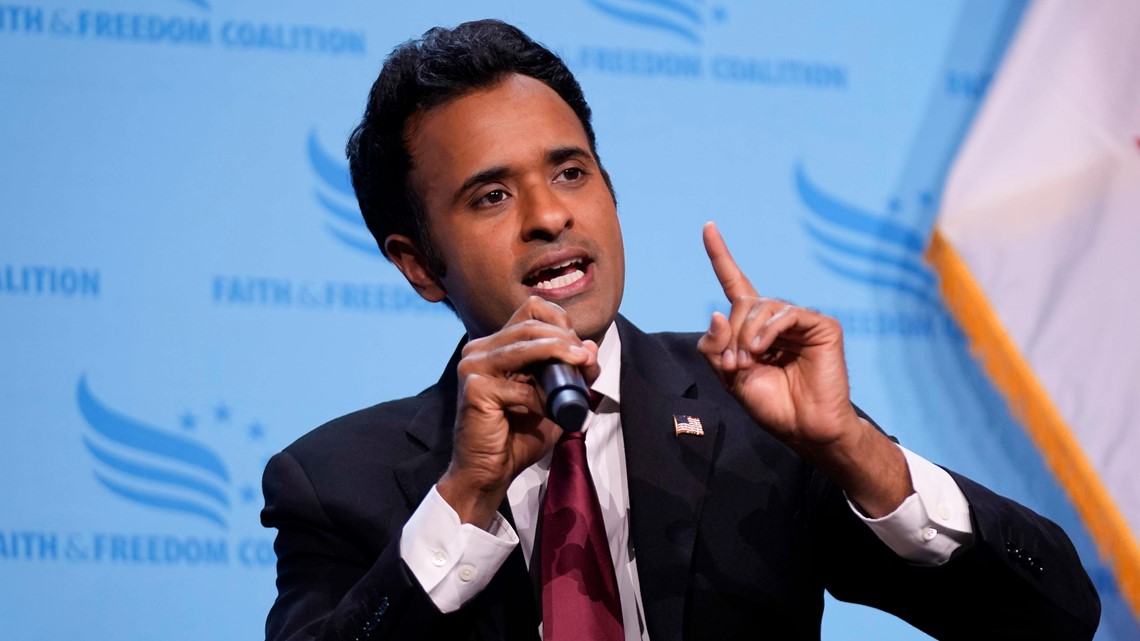Between the long hours and endless problems, it’s a job few want. Turnover is high for election directors, who say 2024 was a ‘long year.’
Between late September and the holiday break, Pasquotank County Election Director Janae Hedgepeth didn’t take a day off. After her predecessor and the deputy director resigned just months before the 2024 general election, Hedgepeth quickly transitioned into the position — but found herself faced with one challenge after another. Every day. Right up until Election Day. Hedgepeth was one of at least 30 election directors — representing nearly a third of North Carolina counties — to experience their first presidential election this year.
Low pay and high workloads have contributed to a recent exodus of election directors, according to a Carolina Public Press investigation. Hedgepeth’s predecessor was the 63rd director to leave in the past five years, according to the State Board of Elections.
A little over a month before the election, many of these new directors were nervous, but optimistic. It was like “drinking from a fire hose,” some said.
By then, they had undergone the reprinting of ballots after presidential candidate Robert F. Kennedy Jr. won his plea to be removed from North Carolina’s ticket. But western election directors would soon face a natural disaster in Tropical Storm Helene and the emergency measures that followed. They would undergo recounts and protests in the state Supreme Court race among other contests.
By holiday break, staffs were exhausted.
Amanda Allen, Jackson County’s election director, said her staff of four is attempting to recover after the holiday respite.
“I think we’re all still trying to find our groove … because it completely disrupts every bit of your normal routine,” Allen said. “That disruption happened for a very extended amount of time, much longer than normal.”
Staying calm in the chaos
Currituck County Election Director Kimberly Twine got a quick education on ballot tabulators during early voting last year.
First, there was a technical issue with the machine at an early-voting site. Then the flash drive used to transfer tabulator data did not contain enough memory in light of the record turnout.
“So it’s like you’re on the phone, you’re running across the parking lot, back over to the office, while on the phone, talking, going, ‘OK, what’s happened? What am I doing?’” Twine recounted.
Pivoting is a prerequisite for election directors, she said. Staying calm amidst it all requires a strong mindset. There’s a job to do, and Twine has to figure it out.
“You don’t just go curl up in a corner and cry about it,” she said. “Something has to be done, and so you just have to be quick on your toes to (ask) who am I going to reach out to for this issue? Who’s going to be my best source of information? And reach out to that person and keep moving.
“The election is not going to stop for you.”
It was a “long year in elections” for Twine. She started right before the 2024 primary elections and also oversaw a runoff in her county — all as the sole full-time elections staff member. A new elections specialist position was added in July.
But the long year isn’t necessarily over, field support specialist John Noce said. He is one of five election experts hired by the state as regional point people for election staff. Noce covers 17 counties in southwestern North Carolina. He said his election directors are wondering what’s going to happen with the pending election protests in the state Supreme Court race.
“Is it going to go away or is it going to be a new election?” Noce asked.
Election directors and disaster
Allen faced a different challenge: Tropical Storm Helene.
A few days before the weather event, she went through the elections office and lifted ballots and every piece of electronic equipment off the floor.
One potential problem averted. Then came another: The office lost internet and phone service for a period of time.
“Even some of our best planning was talking to people and saying, ‘Call me if such and such happens.’ Well, no one could call, no one could email, no one could text,” Allen recalled. “That was incredibly challenging and really an eye-opener for us. You can be prepared with backup locations and lights and equipment and generators and those kinds of things, but if you don’t have a way to contact people to deploy those resources, you can be really stuck.”
Now, Allen is looking into alternatives for the next election cycle.
At the office, she wanted to avoid complaining or outwardly showing the exhaustion of the heavy load.
At home, she tried to protect whatever semblance of work-life balance she could. That meant still making it to soccer games and community events — even after a long day.
“If you don’t have a plan to take care of yourself,” Allen said, “you can get burned out really quickly.”
Election directors live and learn
For Jones County Election Director Jessica Taylor, some of the “mystery” has already dissipated following the 2024 election, which saw a ballot reprinting, natural disaster, the implementation of voter identification and various election challenges.
After all that, Taylor said she’s grateful.
“I don’t want to say that I’m glad that those things happened, but also I don’t feel like it was necessarily a bad thing for me coming in, getting to see the different things that can happen right here up front and understanding what it all means,” she said.
Taylor, who previously worked in tax administration, said she was able to take on her responsibilities without becoming overwhelmed.
It helped that she developed relationships with fellow election directors in neighboring Pamlico, Craven and Lenoir counties to get help whenever needed.
Now that the election is over, her staff plans to spend time in other counties to see how they do things.
While she learned a lot this year, Twine realizes that every election is unique.
“You can never sit back and feel comfy because laws change. Processes change,” she said. “So it’s ever-learning and ever-evolving, and you do have to stay on your toes. But with what I’ve experienced this year, with the three cycles, I do feel much more confident than I was coming in. … I tell people I think it’s in my blood now.”
New laws, new challenges for election directors
Several major changes are encapsulated in Senate Bill 382, which recently passed over former Gov. Roy Cooper’s veto.
Among other election changes, the law requires county boards of elections to count all absentee and provisional ballots by 5 p.m. on the Friday after Election Day. That’s a three-day window as opposed to the previous nine-day time frame before the post-election canvass.
According to Noce, everyone’s nervous about the deadlines as well as the new rule that absentee ballots have to be counted on Election Night as opposed to during supplementary meetings ahead of time. With so many tasks happening simultaneously on Election Night, that could stretch small staffs even thinner than they already are.
Swain County Election Director Adam Byrnes said his staff — himself, a deputy director and one part-time election worker — are looking forward to the next few months being slower before September comes, when preparation for the 2025 municipal elections swings into full gear.
In the downtime, Byrnes is trying to improve his knowledge of the election process by taking a deep dive through a 1,300-page law book, jotting down extensive notes as he goes.
“The thing in this job is I’m not sure the learning curve ever really stops,” he said.














